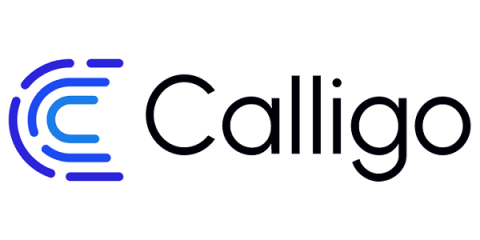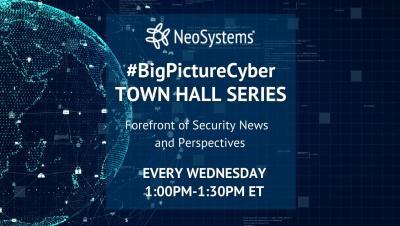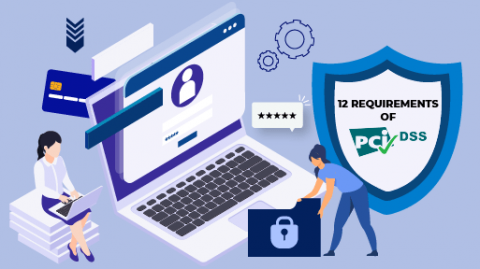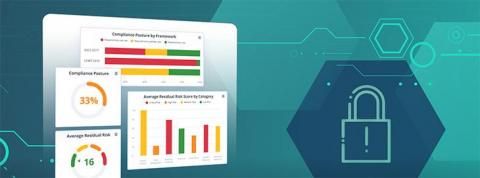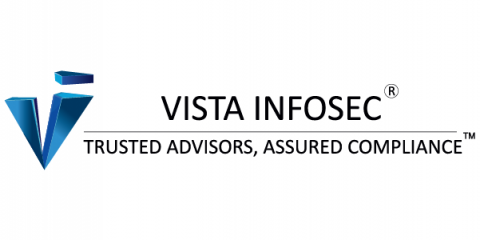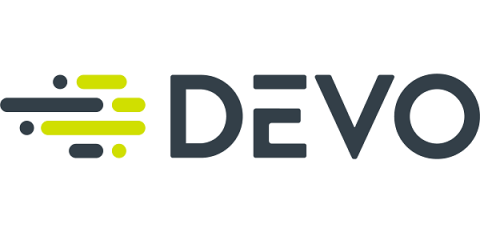Security | Threat Detection | Cyberattacks | DevSecOps | Compliance
Compliance
Create an ethics-by-design approach for data
Our VP for Data Ethics & Governance, Sophie Chase-Borthwick, was recently part of a panel – the PICCASO Special Interest Group. Sophie joined William Malcolm (Privacy Legal Director at Google), Radha Gohil (Data Ethics Strategy Lead at Shell), and Anne Woodley (Security Specialist at Microsoft) in untangling what data ethics actually means and how best to support it. Here we look at this in more detail.
#BigPictureCyber Town Hall With Chris Nissen, Founder & CEO, IntelWerks | 3/23/22 | NeoSystems
Ukraine Russia Conflict Roundtable | 3/22/22 | NeoSystems
12 Requirements of PCI DSS
The Payment Card Industry Security Standard Council (PCI SSC) for the benefit of customers, cardholders, and other stakeholders of the industry established a stringent payment card security standard known as PCI DSS. Payment Card Industry Data Security Standard is a framework designed and developed to protect sensitive card data in the environment. The payment security standard is a comprehensive framework that outlines 12 requirements that organizations are expected to meet to ensure compliance.
Building a risk management program? Start with compliance - and Reciprocity ZenComply.
PCI DSS Compliance in Dubai
PCI DSS Compliance in Dubai for businesses dealing with payment card data is given great importance and priority. PCI DSS Compliance is a global payment card data security standard established in the online payment industry. It is a standard created and adopted by major card brands (Visa, Mastercard, Discover, American Express, and JCB) to promote secure card transactions in the industry. So, businesses that deal with these credit card brands need to ensure compliance with PCI DSS.
Threat-Based Methodology: Configuration Settings
This is the second post in the Threat-Based Methodology series. The first post introduced Threat-Based Methodology and the analysis conducted by the FedRAMP PMO and NIST. That post concluded with a list of the top seven controls based on their Protection Value. This post will explore CM-6 in greater depth and explain how Devo supports the ability to meet this control. CM-6, Configuration Settings, was determined to provide the most Protection Value with a score of 208.86.
Banish the data bias: make your data quality and safe
Data bias: the insidious threat lurking in your data unless you’ve taken active steps to mitigate it. It causes the potential to harm, skew or invalidate your data completely – or sometimes all three at once.
How to Build Cyber Security Awareness Among Employees?
According to a PwC poll, the epidemic has increased the number of employees working from home to almost 70%. Remote working, however, has its own set of risks. Companies are vulnerable to a host of network attacks because of employee-owned devices, insecure connections, and inappropriate device usage. That is where cybersecurity awareness training for employees comes into the picture and plays a key role in preventing cyber attacks.



